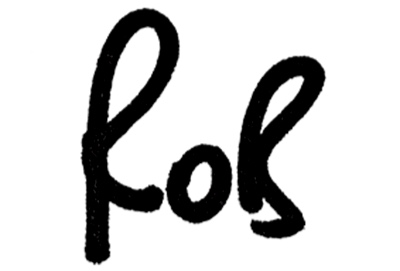Ruinous Knowledge is a thing and it's dangerous
Ruinous Empathy can kill team critique, but Ruinous Knowledge can kill entire products
If you’ve researched or adopted ‘Radical Candor’ as a technique to provide high performing teams with high performing communication and feedback, you’ll know about ‘Ruinous Empathy’. ‘Radical Candor’ can be a weird fit for creative teams in my opinion, but Ruinous Empathy is one of the things I find always annoyingly prevalent. Ruinous Empathy is what happens when you care but don’t challenge — when your praise is just not specific enough to be either relevant to the person it was intended for, or it fails to allow that person to understand why the praise was given in the first place. Or equally it could be criticism that you’ve sugar coated to such an extent that it’s unclear — or worse —it’s even unrecognisable as criticism.
In reality Ruinous Empathy is something which is personally protective and ultimately selfish. ‘I’m comfortable being nice, so I won’t go beyond that comfort — even if this means both my praise and criticism becomes unclear or insincere thus devaluing my actions’. It’s a default, which is a comfortable happy place where everything is nice and, well, why change nice?
Good criticism is hard. Good praise is hard. Being constructive is hard. Not relying on ‘how things used to work’ is hard.
‘Ruinous Knowledge’ is equally personally protective and selfish. It’s reading all the research, adopting user focused emotional intelligence, absorbing personas, analysing brand impact studies; it’s talking to users, feeling their pain, building the playbook. All this is stuff you should be doing of course, but Ruinous Knowledge takes this knowledge and makes it comfortable by sitting on it and devaluing it. When the research supports the personas we’ve created — do we challenge it? When the team ‘knows the user so well on core issues’ that they make deep behavioural decisions based on past knowledge — do we question that? Do we question those who inhabit our users voices or the voices of our brands? Do we use phrases like ‘we know from past experience’ and ‘usually we’d expect’? Do we personally avoid discussing new ideas or new ways of working because we don’t have the research on hand to back it up? Do we dare to suggest we know enough about something?
I’ve been guilty of both Ruinous Empathy and Ruinous Knowledge before and they’re both good things to watch out for and attempt to professional eradicate as much as possible in your personal output — but it’s Ruinous Knowledge that makes me the most self-aware. Ruinous Empathy can make a design leader frustrating to decode, but Ruinous Knowledge can destroy whole products.




